As the nation recovers from the financial impact of the pandemic, what shape does the accounting profession find itself in? A fairly healthy one, according to the latest salary surveys – with talented candidates having the whip hand when it comes to dictating terms, as Nina Bryant discovers

The past 20 months have been like no other in living memory. While Britain was still finding its feet post-Brexit, the unexpected fallout of a pandemic was added to the mix. The ordinary process of hiring and taking career next steps was paused. What would happen on the other side?
Although millions of people were put on to the government’s Coronavirus Job Retention Scheme, the profession has weathered the storm better than many – just 70,600 finance and insurance workers were on furlough at its height. As the nation starts to emerge from the turmoil, a finance recruitment fervour has grown – and it is a candidates’ market. Recruiters are sifting applications from those overqualified for roles or without the right experience.
Lee Owen, Director at Hays Accountancy and Finance, says the struggle for talent began before COVID-19 came along. “Since the New Year, appetite to hire across the accountancy and finance sector has continued to increase. Wage inflation is increasing and is driven by a heightened number of vacancies in the UK and a reduction in candidate availability. Candidates are not as confident about moving and there’s been a reduction in professionals returning to the EU, as a result of Brexit and COVID-19.”
The need for experienced finance professionals remains strong: figures show that plans to hire have gone up and pay freezes are lifting. Reed Senior Regional Director and accountancy recruitment specialist Chris Willsher says: “As companies navigate an ever-changing climate, they place value on people who can manage purse strings and help them survive adversity.
“Strong finance leadership is critical at present, and we’ve seen strong recruitment demand for talent to guide companies through both the pandemic and the challenges that lie ahead.”
The same sentiment is echoed by another recruitment agency, Robert Half. While describing the market for senior executives as “busy and buoyant”, it found that 93% of CFOs were “somewhat to very concerned” about retaining top talent. The average tenure of a C-suite executive has also decreased, and a number have opted for early retirement. Base salaries are therefore on the rise – in some cases by 40%.
Candidates are reflecting on what is important to them outside of the office. Although the likes of Minister without Portfolio Oliver Dowden suggested during the Conservative Party conference that people needed to “get off their Pelotons and back to their desks”, candidates are bargaining hard against this call. Perks are therefore becoming focused on hybrid working, sabbaticals, extended parental leave and support for stress/wellbeing. Leo Hewett, Robert Half Associate Director, says: “Responding to popular demand, four in five employers are planning to offer remote working and two-thirds will offer flexible working hours, which shows how the pandemic has brought about significant and lasting change.”
He adds that a number of employers were also worried about corporate culture and people burning out while homeworking, with 48% expecting that to increase: “As a result, many businesses are improving or adding stress-reduction programmes to make sure they can retain their staff and maintain productivity as they try to grow over the next year.”
Some employers may be relieved to hear that staff are not always planning to leave. Hays found that fewer people were expecting to move on in 2022 than 2021. Owen says: “Organisations need to recognise that often it’s more cost-effective to retain their best talent and invest in training, rather than trying to replace staff like for like.”
Coronavirus job retention scheme
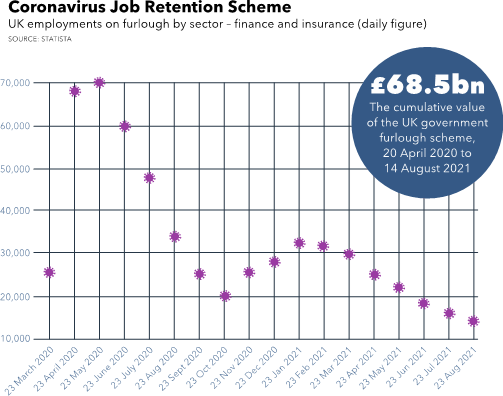
Business support
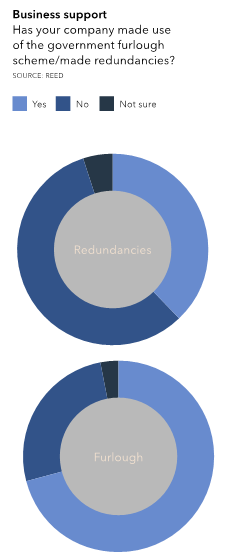
Salary and recruiting trends 2022
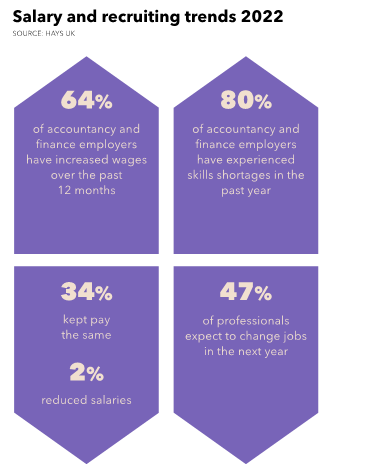
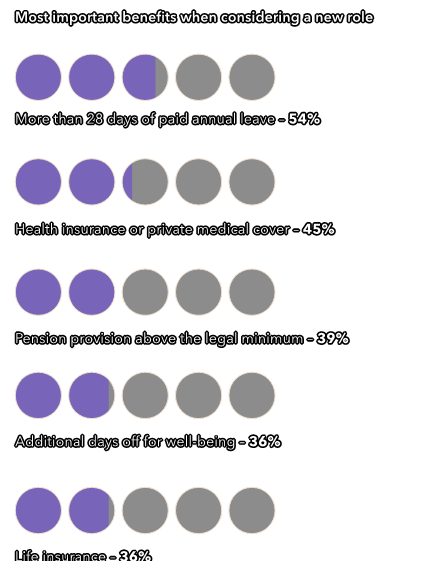
Salary guides
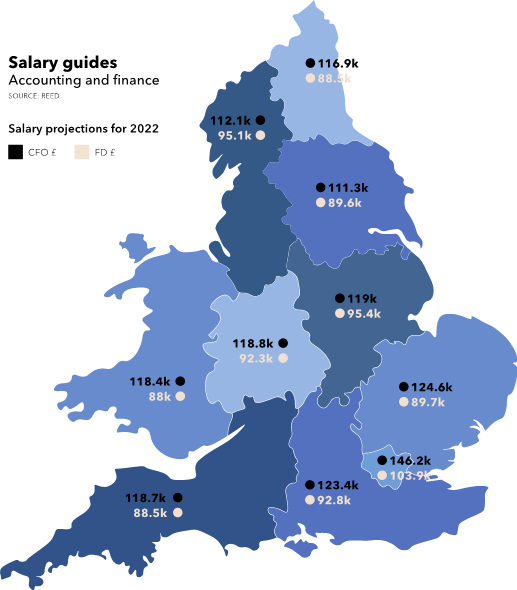
Satisfaction
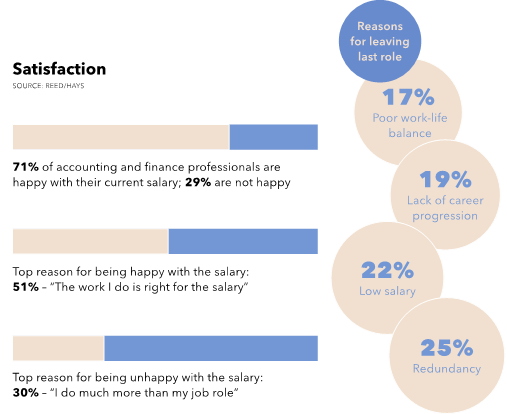
Changes in recruitment
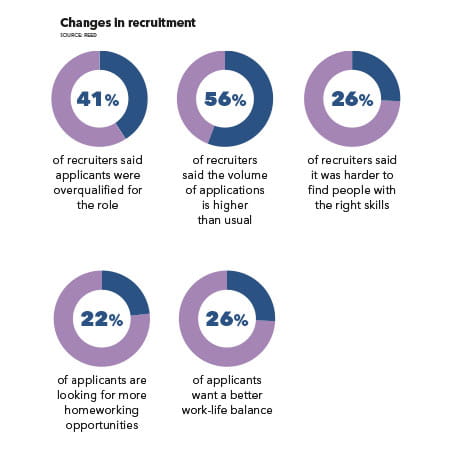
Perks and benefits trends 2022
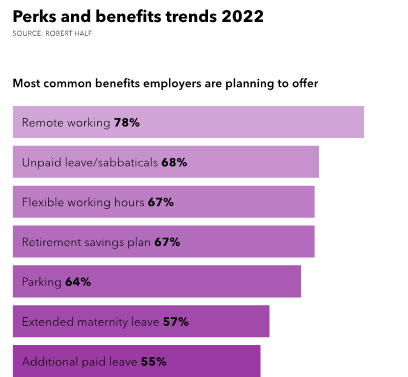
Latest research
ICAEW accepts no responsibility for the content on any site to which a hypertext link from this site exists. The links are provided ‘as is’ with no warranty, express or implied, for the information provided within them. Please see the full copyright and disclaimer notice.
More support on career and personal development
Read our guides and other resources on careers, job hunting, professional development and personal skills to help you at work.
Careers hubeBooks on career developmentCan't find what you're looking for?
The ICAEW Library can give you the right information from trustworthy, professional sources that aren't freely available online. Contact us for expert help with your enquiries and research.
-
Update History
- 16 Nov 2021 (12: 00 AM GMT)
- First published
- 09 May 2023 (12: 00 AM BST)
- Page updated with Latest research section, adding further reading on accounting salaries and benefits packages. These provide fresh insights, case studies and perspectives on this topic. Please note that the original article from 2021 has not undergone any review or updates.
